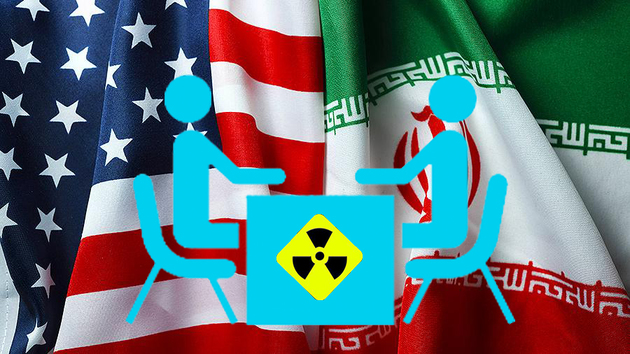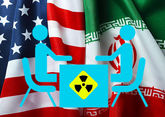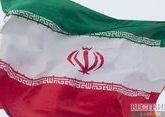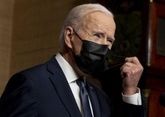Joe Biden has given a pledge that if the US returns to the Iran nuclear agreement, it will only subsequently leave if Tehran clearly breaks the terms of the deal, writes The Guardian. Thus, the US president made the commitment, which addresses one of Iran’s key negotiating demands.
A joint statement issued with Germany, France and the UK followed a meeting on the margins of the G20 in Rome attended by Biden, Germany’s Angela Merkel, France’s Emmanuel Macron and Britain’s Boris Johnson. The key paragraph of a lengthy statement read: “We welcome President Biden’s clearly demonstrated commitment to return the US to full compliance with the JCPOA [joint comprehensive plan of action] and to stay in full compliance, so long as Iran does the same.”
According to Mikhail Ulyanov, the Russian ambassador to multilateral bodies in Vienna, the work to restore the deal has been completed by almost 90%, there are still political moments related to the obligations of the United States and how Washington will comply with them in the future.
Throughout the talks Iran has been seeking an undertaking from western countries, ideally legally underpinned, that if Iran returns to the deal, future US administrations will not repeat the walkout of the previous president, Donald Trump, which was accompanied by the imposition of tighter economic sanctions on Iran’s financial institutions and political bodies. However, the Biden pledge, underwritten by the main three European powers, may be a sign that the US wants to create a more positive atmosphere before the resumption of the Vienna talks which will happen at some point in November.
There have already been six rounds of talks, but they broke off in June to allow the new Iranian government, led by the president, Ebrahim Raisi, to review its negotiating strategy.
The US secretary of state, Antony Blinken, said on Sunday that the United States was “absolutely in lock step” with Britain, Germany and France on getting Iran back into a nuclear deal. “It really depends on whether Iran is serious about doing that,” Blinken said of rejoining the nuclear talks. “All of our countries, working by the way with Russia and China, believe strongly that that would be the best path forward. But we do not yet know whether Iran is willing to come back to engage in a meaningful way. We are looking together at all of the options necessary to deal with this problem."
The shift in the US tone comes a week after a cyber-attack disabled Iran’s petrol stations. This attack attributed by Brig Gen Gholamreza Jalali, the head of Iran’s civil defence organisation, to Israel and the US.
The west has become increasingly concerned that Iran’s delay is a subterfuge, and that Tehran has been using the pause to strengthen its stockpile of uranium, weaken the UN nuclear inspections process and become more familiar with the use of advanced centrifuges that can produce highly enriched uranium. The Iranian foreign minister, Hossein Amir-Abdollahian, said in an interview published at the weekend that there was no need for the negotiation and the simplest solution was for Biden to issue an executive order saying he was returning to the nuclear deal and lifting sanctions. Amir-Abdollahian said his administration was embracing a balanced foreign policy, a phrase implying that Iran is going to deprioritise relations with the west.










